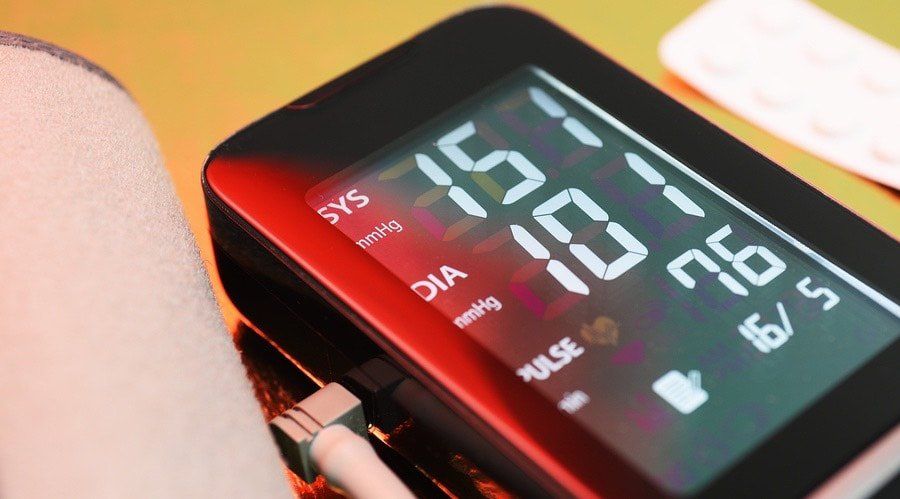Know Your Numbers To Achieve Healthy Blood Pressure

When it comes to blood pressure, you might be confused by the various numbers mentioned by your healthcare provider. Understanding the components of healthy blood pressure makes it easier to know where you stand. Left untreated, high blood pressure (hypertension) can lead to serious complications.
What Exactly Is Blood Pressure?
Blood pressure refers to the force at which the heart pumps blood to the body’s organs and tissues through the circulatory system. When the arteries become clogged, blood pressure increases because the heart must work harder to keep blood flowing. This can cause organ damage that leads to serious health problems.
What Do Blood Pressure Measurements Mean?
When you have your blood pressure taken at the doctor’s office, the nurse will provide two numbers. The top number represents the arterial blood pressure and is known as systolic pressure. The bottom number represents the heart pressure between beats, or the diastolic pressure.
Normal blood pressure is about 120/80 (read as “120 over 80”), though you’re in the normal range as long as the top number is between 90 and 120 and the bottom number is between 60 and 80. The most common type of high blood pressure affecting older adults is called isolated systolic hypertension, which occurs when arteries harden with age. With this condition, the top number will be above 130 while the lower number will be less than 80.
What if My Blood Pressure Is Too High?
Most people don’t experience any symptoms when they have high blood pressure. For this reason, this condition is sometimes called the silent killer. If hypertension is not controlled, it can lead to stroke, heart attack, heart failure, aneurysm and other life-threatening health problems. Adults who have isolated systolic hypertension may experience falls, a feeling of lightheadedness and shortness of breath.
Regular blood pressure checks are an important part of preventing these and other complications, especially for older adults and others at high risk. Your doctor may prescribe medications to bring blood pressure back to a healthy level if your number are above 130/80.
How Can I Prevent or Control High Blood Pressure?
Some factors that contribute to high blood pressure cannot be changed, such as advanced age and family history of hypertension. Race is also a risk factor as African American individuals are more likely to develop high blood pressure than those of other races.
Making healthy lifestyle changes can help return your blood pressure to a healthy range. These measures include:
Losing weight if you are overweight or obeseLimiting salt and fat in your dietExercising for at least 30 minutes on most days of the weekEating fruits, vegetables and low-fat dairyConsuming no more than two drinks per day for men or one drink per day for womenQuitting if you smokeGetting a good night sleep and treating sleep problems such as sleep apneaTaking steps to manage stress, such as meditation or yoga
For more information about leading a healthy lifestyle and preventing issues such as high blood pressure, visit Sackett & Associates Insurance Services online, like us on Facebook and subscribe to our blog. If you need health insurance, contact us to request a quote.







